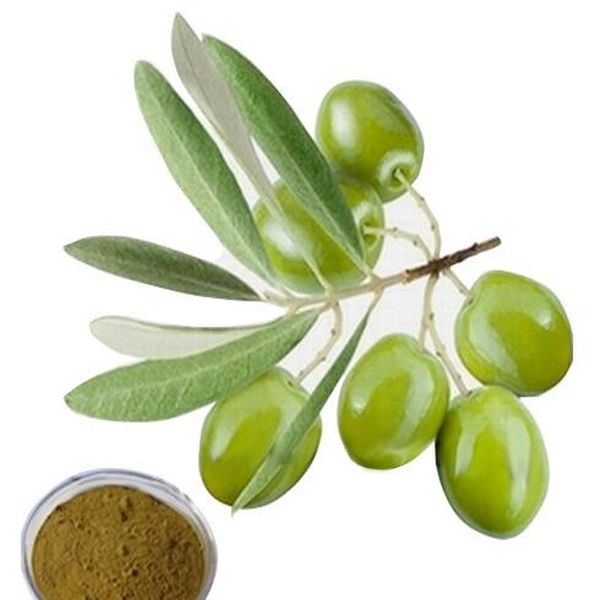High-quality broad-spectrum antibacterial product — olive leaf extract
Olive leaf extract is a broad-spectrum antibacterial ingredient taken orally. The most active substance identified in olive leaves so far is oleuropein, a type of bitter single saponin classified as iridoid. Oleuropein and its hydrolysate have unique and important significance for the antibacterial function of olive leaves.
1. Olive leaf extract has full effect on infectious and malignant microorganisms. It can stop attacks such as colds and other viral diseases, fungal, mold and yeast invasions, mild and severe bacterial infections and protozoan parasitic infections. Not only is it preventive, olive leaf extract provides a safe and effective treatment in the fight against microorganisms. Research also proves that the extract only attacks pathogens and is harmless to human symbiotic gut bacteria, which is another advantage over artificial antibiotics.
2. Antioxidant effect
Oleuropein can protect skin cells from the damage of ultraviolet rays, prevent the decomposition of skin membrane lipids by ultraviolet rays, promote the production of fibroblasts, and reduce the secretion of fibrin cell enzymes, and prevent the anti-glycan reaction of cell membranes. Protects fibroblasts, naturally resists skin damage caused by oxidation, and is also protected from UV rays, effectively maintaining skin suppleness and elasticity, achieving the effect of supporting and rejuvenating skin.
3. Strengthen the immune system
Some physicians have successfully used olive leaf extract in the treatment of patients with medically unexplained diseases such as chronic fatigue syndrome and fibromyalgia. This may be the result of its direct stimulation of the immune system.
4. Cardiovascular disease
Some cardiovascular diseases have also received good responses after using olive leaf extract. Coronary heart disease seems to have achieved a good response after treatment with olive leaf extract. According to laboratory and preliminary clinical studies, olive leaf extract can reduce discomfort caused by insufficient arterial blood flow, including angina and intermittent claudication. It helps eliminate atrial fibrillation (arrhythmia), reduces high blood pressure and inhibits the oxidation of LDL cholesterol.
